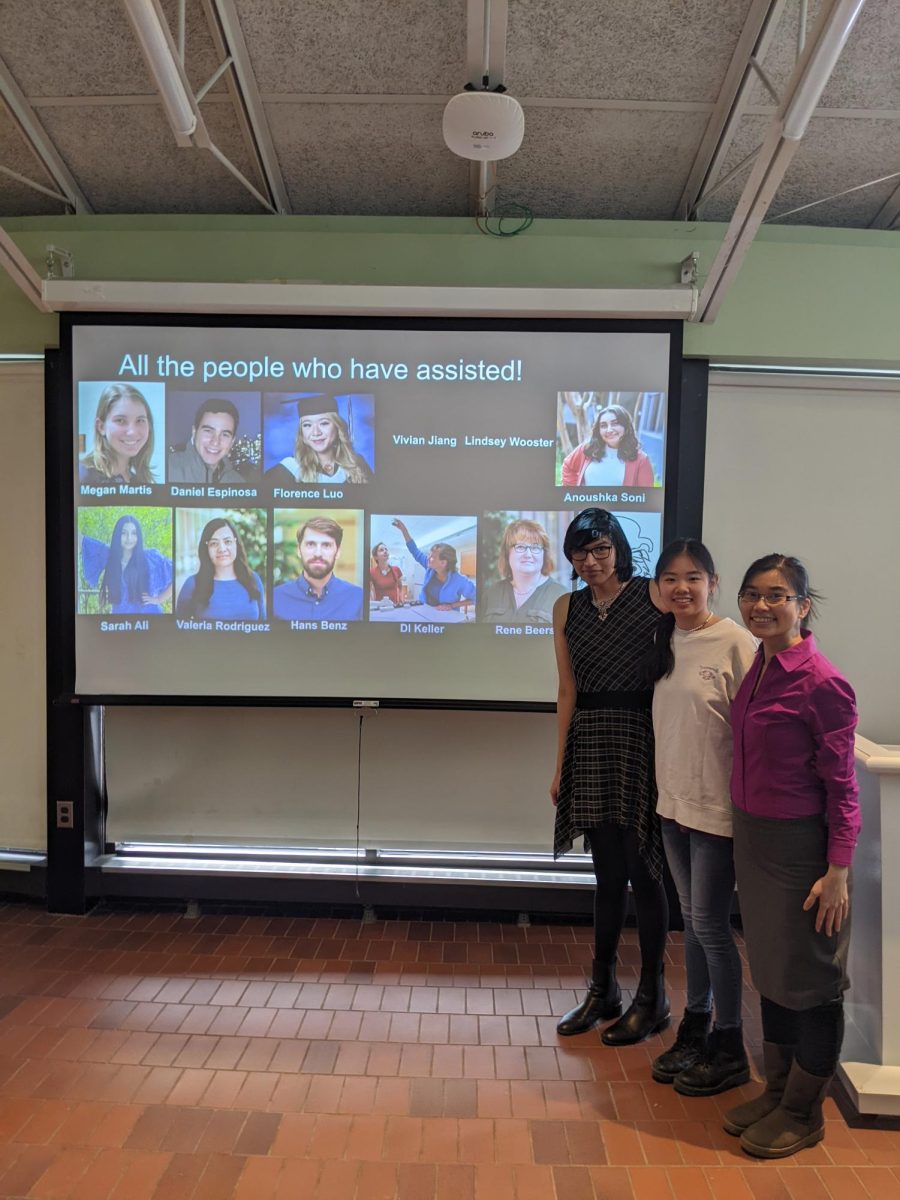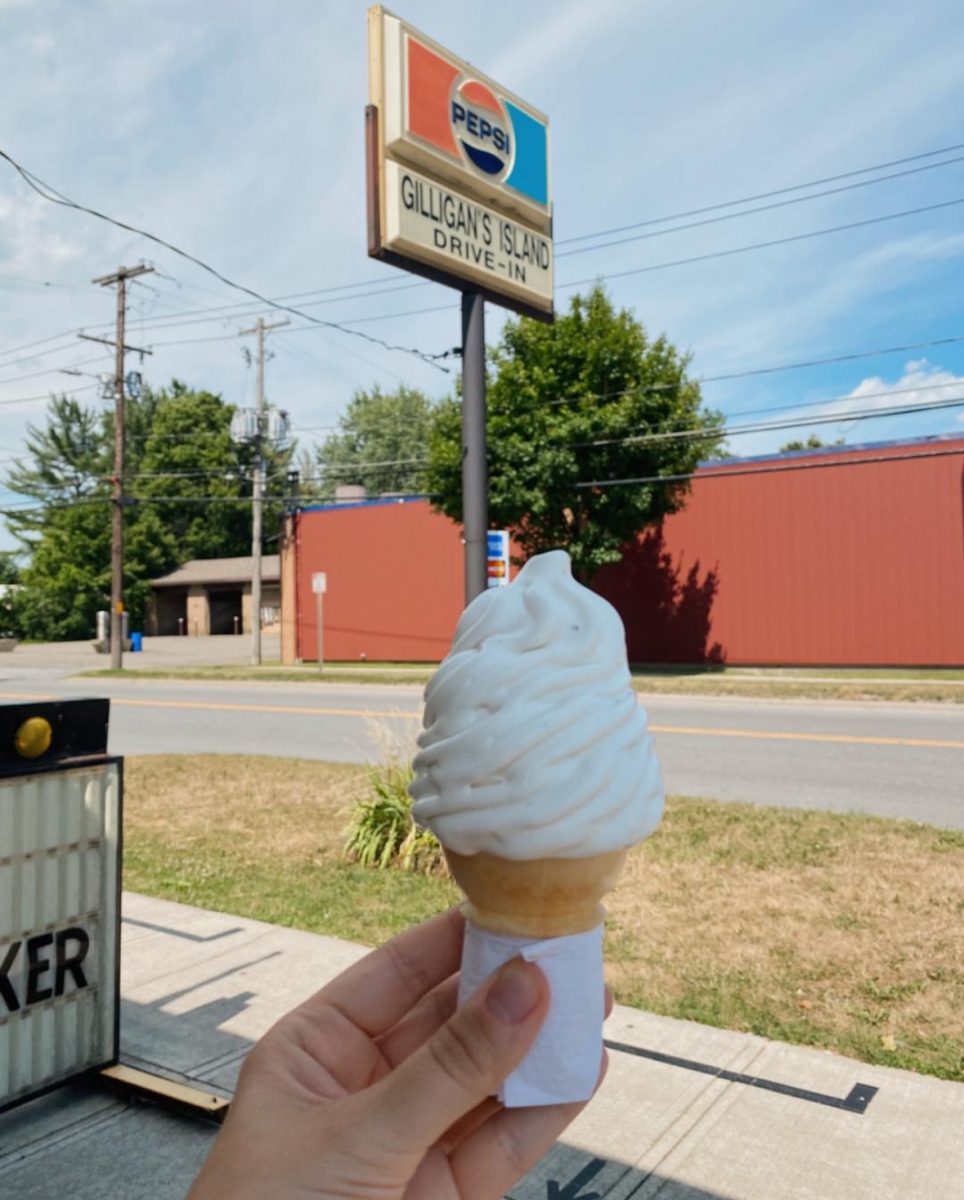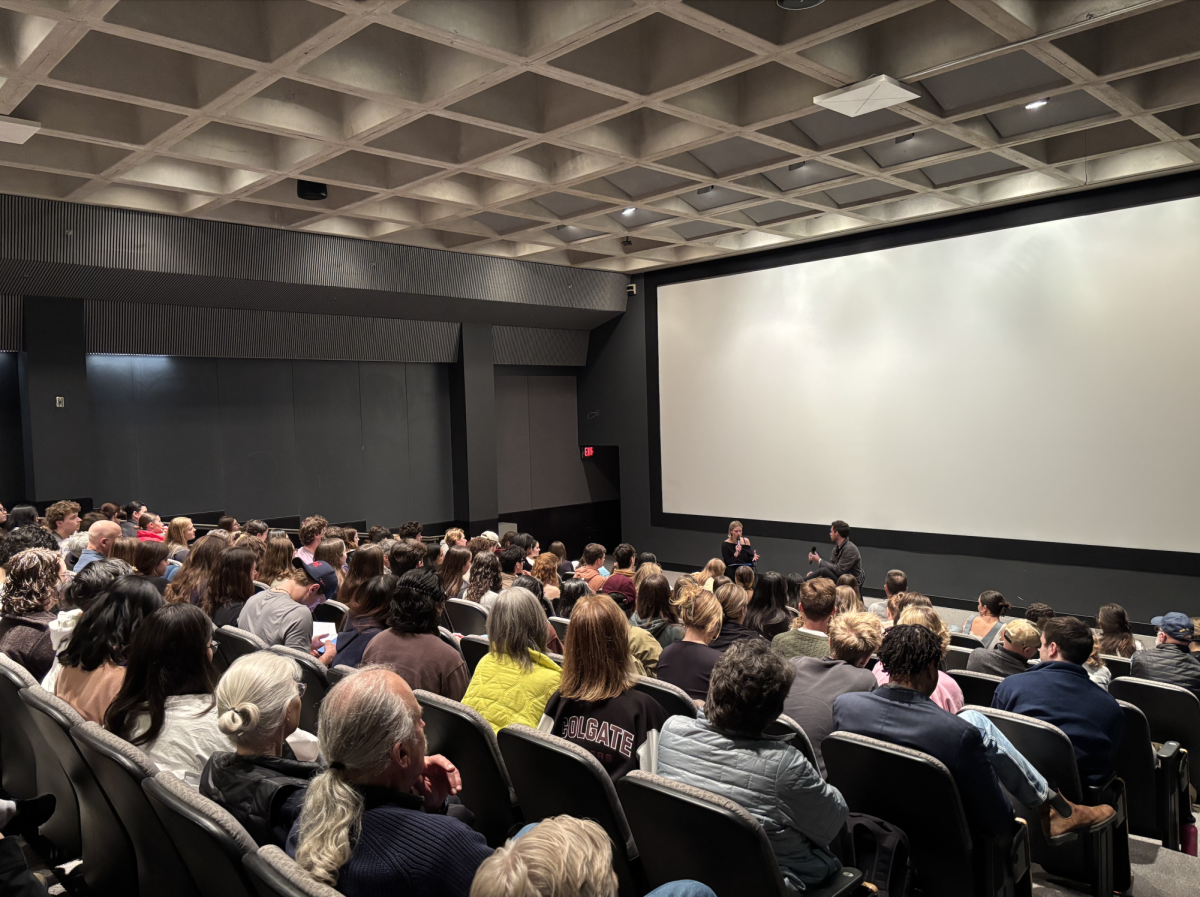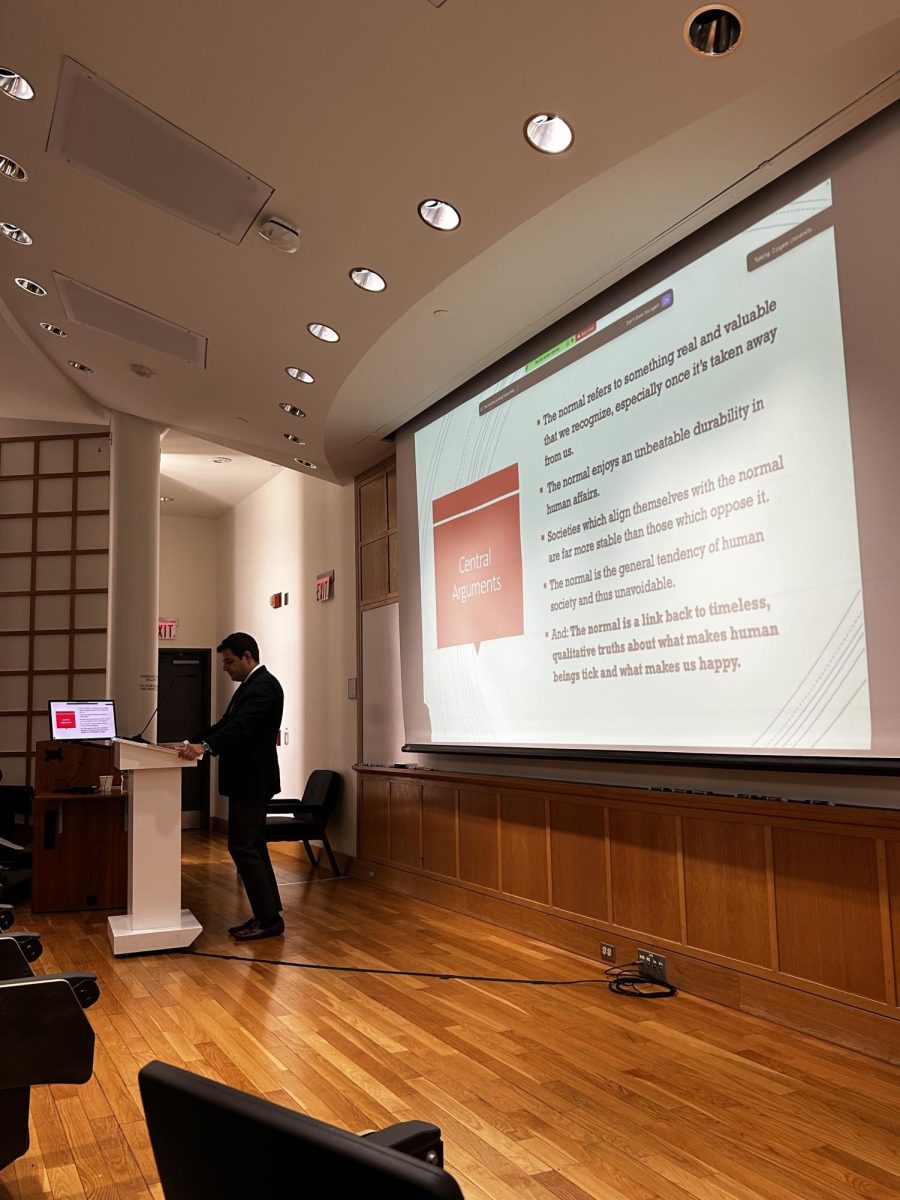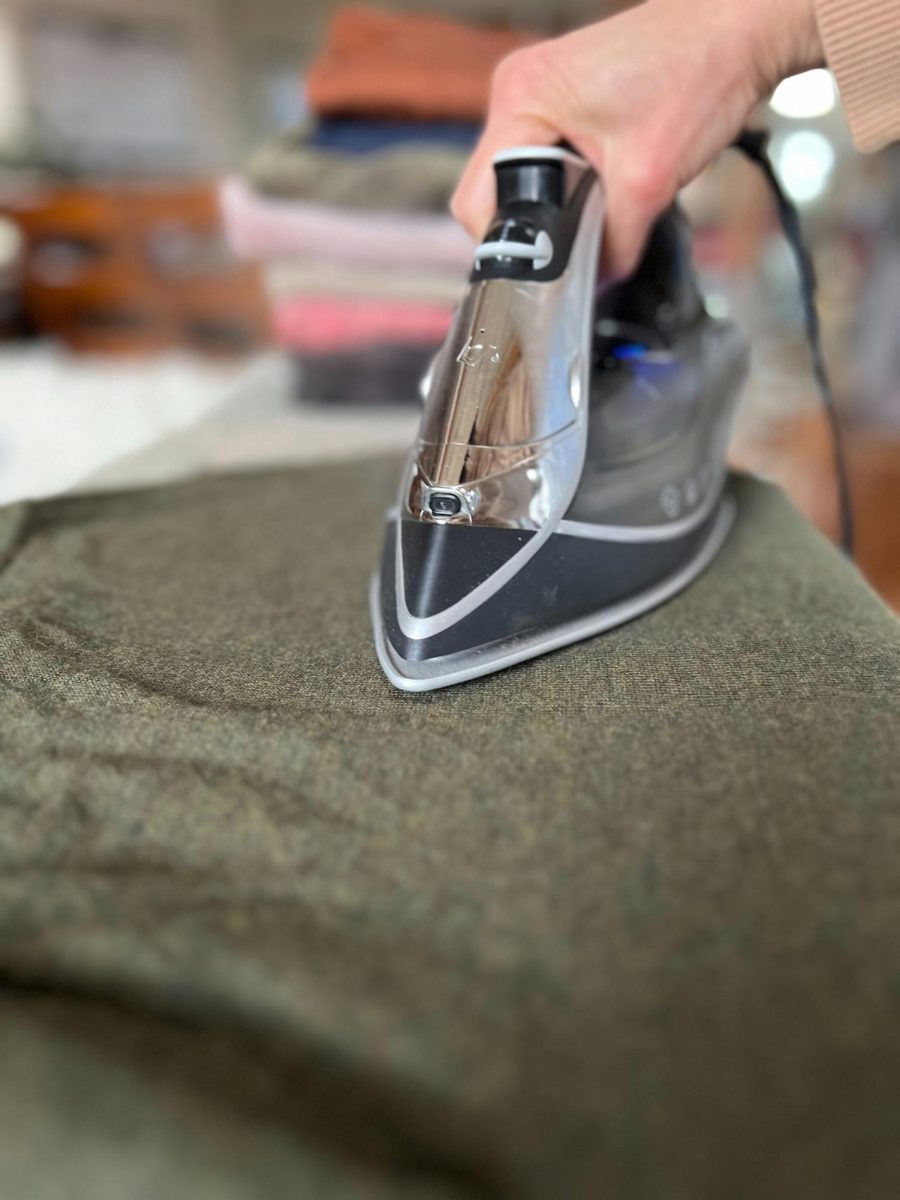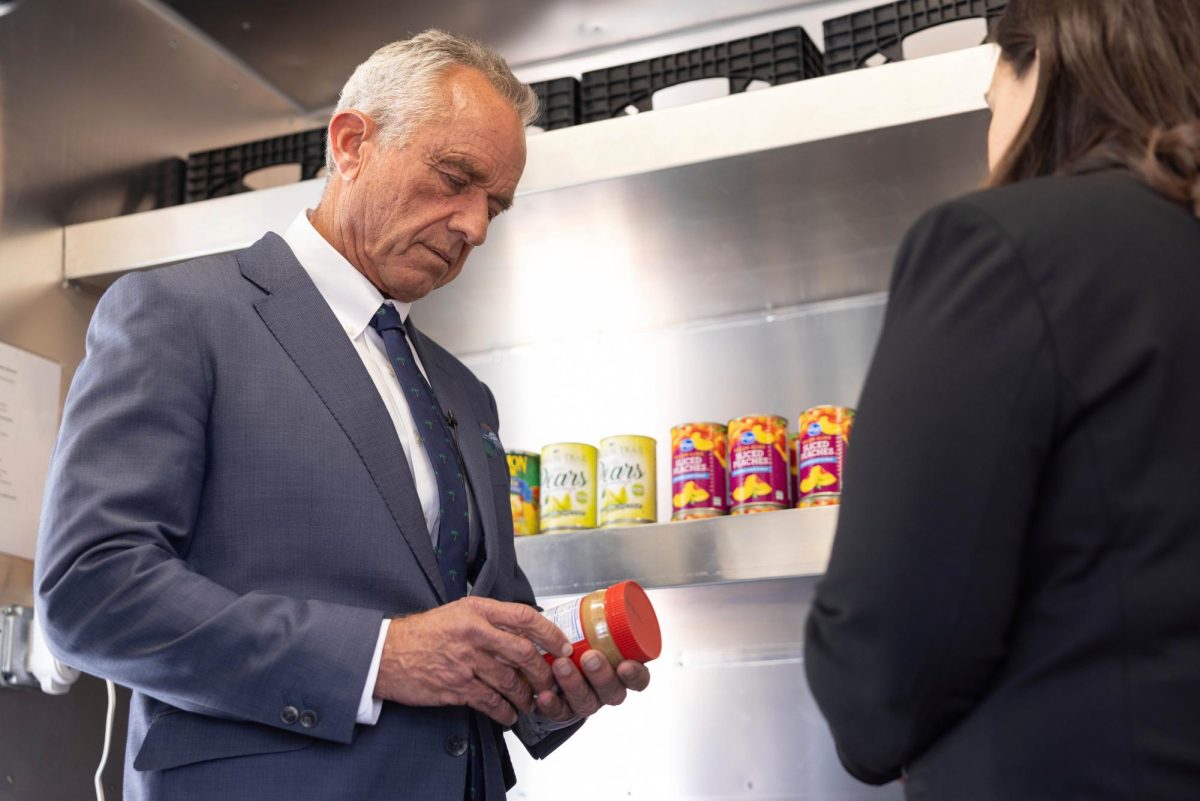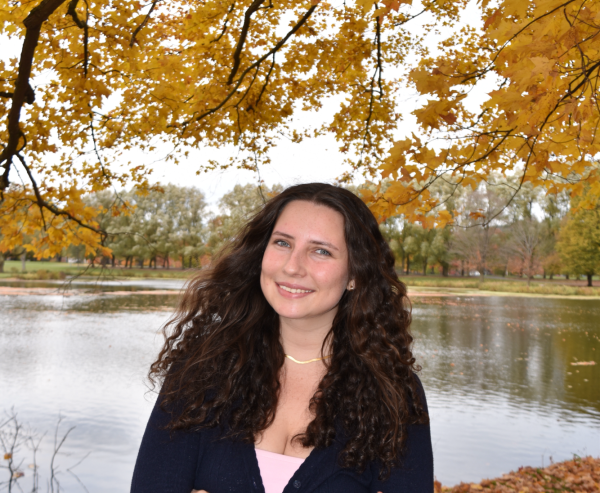One of Colgate University’s standout research projects showcases junior Vivian Jiang’s groundbreaking exploration of the chemicals used in women’s health and hygiene products. This innovative work shines a spotlight on the intersection of science and wellness. Jiang’s research is overseen by former Colgate professor, Dr. Linda Tseng, who is now with the City College of New York. Tseng does a lot of research on microplastics, water conditions and the environment. Jiang’s research focuses on chemicals in women’s health products that may be harmful to women.
“My research is about organophosphate esters, a class of chemicals most commonly used as flame retardants, plasticizers and additives in many items. I particularly looked at organophosphate esters in women’s health/hygiene products like menstrual products and maternity clothing,” Jiang explained. “Organophosphate ester concentrations/presence are important in these products as these chemicals can disrupt a woman’s health, particularly their endocrine and reproductive health in negative ways.”
As a biochemistry major, Jiang’s research relates strongly to both the biology and chemistry components of her major, with an emphasis on chemistry.
“In my research lab, I worked mostly with the chemistry portion, but I would apply techniques and concepts learned from classes in the chemistry department to prepare the samples, use gas chromatography/mass spectrometry (GC-MS) techniques and analyze the data,” Jiang said. “A lot of the concepts I learned from class applied to what I did in the lab.”
Research has given Jiang an outlet where she can apply the skills she learned in her classes to solve real world problems.
“Participating in research, I was able to solidify the skills I learned from classes in the chemistry and biology departments,” Jiang said.
While she is not allowed to talk about the specific brands that she tests for chemicals, Jiang has found that, in general, organic products had fewer chemicals.
“I encourage everyone to at least look at the ingredients list and I don’t mean it in a fear-mongering way, but rather as a form of picking what is best for your health,” Jiang said. “A lot more research still has to be done.”
Jiang values gaining a deeper understanding of feminine hygiene products and finds it rewarding to contribute to a field with meaningful, real-world applications.
“Although everything took a lot of time, the most rewarding part was seeing the results [especially] as a woman who originally did not know much about what was in the products,” Jiang said. “Every time there was a new data set, I got to learn so much and felt more educated about what products are commonly pushed out.”
Jiang has been passionate about health-related industries since childhood and sees her research as a meaningful way to contribute to the field. She aspires to advance areas of study that are often underrepresented in academic research. Further, Jiang hopes that her scholarship will lead to more knowledge surrounding women’s health.
“I also felt that research is important in the way that it’s a way to advance knowledge and contribute to fields that are underrepresented, like women’s health. By participating in research, I hope to make beneficial changes and make the world a more educated place,” Jiang said. “I hope that my research, alongside the people I worked with (Ophelia Palaguachi ’24 , [junior] Harshitha Talasila, [senior] Gabe Pickard and Professor Tseng) will lead to an increased awareness of what chemicals go into products we use daily without a second thought. I also hope that our research will open up more research dedicated to health studies of those who are in less represented fields.”


